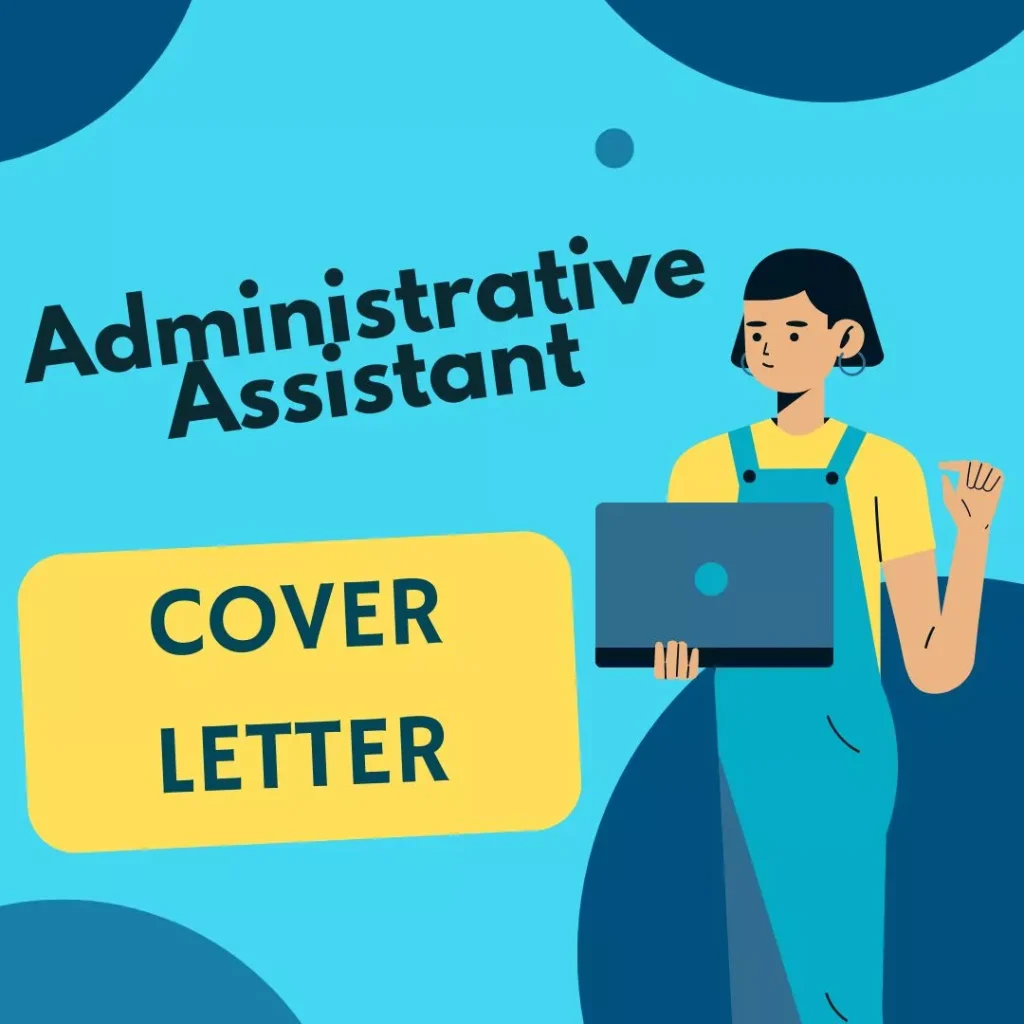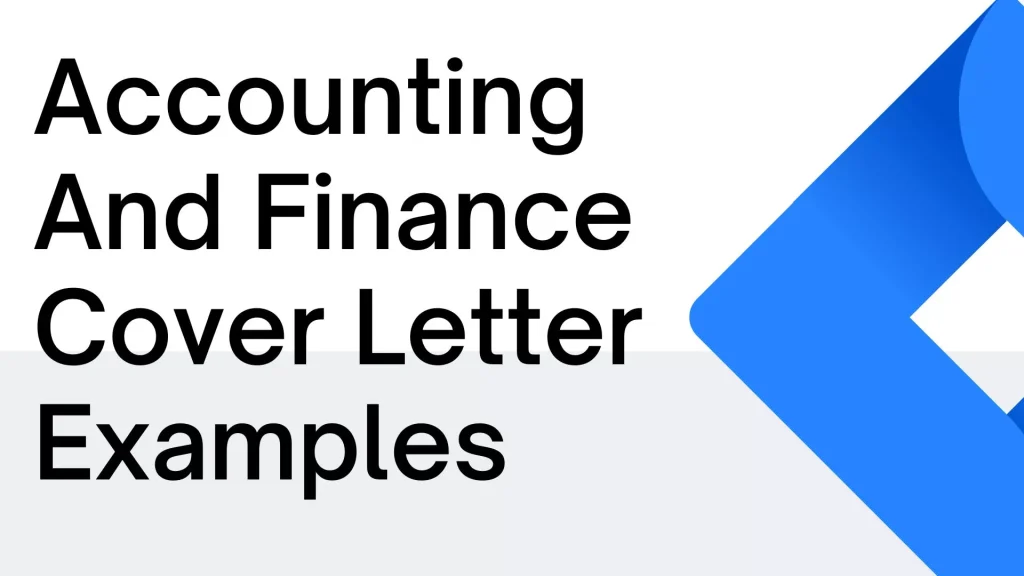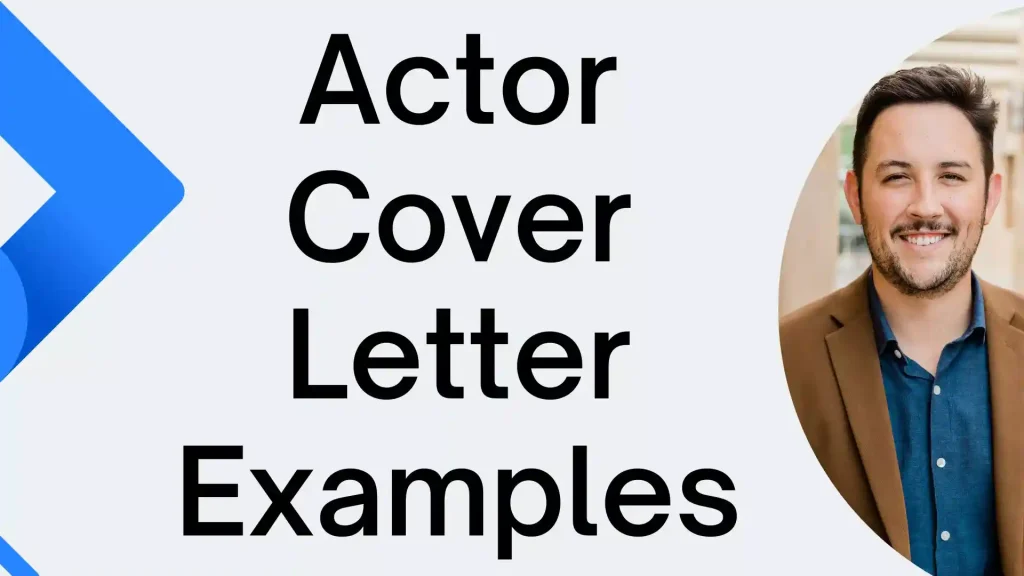Introduction:
A cover letter is an essential part of any job application. It allows you to introduce yourself to potential employers, highlight your skills and experiences, and explain why you are the perfect fit for the position. As a neuroinformatics analyst, your cover letter should showcase your expertise in analyzing and interpreting complex neuroscience data. In this blog, we will discuss the key elements of a compelling neuroinformatics analyst cover letter, provide two example cover letters, answer frequently asked questions, and conclude with some final tips.
Example 1:
Dear Hiring Manager,
I am writing to apply for the neuroinformatics analyst position at your esteemed organization. With a strong background in neuroscience and extensive experience in data analysis, I am confident in my ability to contribute to your team and drive meaningful insights from complex datasets.
Over the past five years, I have been working as a neuroscientist at XYZ University, where I have honed my skills in data collection, analysis, and interpretation. I have a deep understanding of various neuroimaging techniques, such as fMRI and EEG, and have successfully applied statistical methods and machine learning algorithms to analyze and extract meaningful patterns from large-scale datasets.
In addition to my technical skills, I have a proven track record of translating complex data into actionable insights. I have presented my findings at several international conferences and have published multiple papers in respected scientific journals. My ability to communicate findings effectively has also been recognized by my colleagues and supervisors.
I am excited about the opportunity to work with your organization, as it is renowned for its cutting-edge research in the field of neuroscience. I believe that my expertise in neuroinformatics, combined with my passion for advancing our understanding of the brain, make me an ideal candidate for this role.
Thank you for considering my application. I look forward to the opportunity to discuss how my skills and experiences align with your organization’s goals in more detail.
Sincerely,
[Your Name]
Example 2:
Dear Hiring Manager,
I am thrilled to apply for the neuroinformatics analyst position at [Company Name]. As a highly skilled and experienced neuroscientist with a strong background in data analysis, I am confident that my expertise will enable me to contribute to your team and drive impactful advancements in the field of neuroscience.
Throughout my academic and professional career, I have gained extensive experience in analyzing and interpreting complex neuroscience data. I have a deep understanding of neuroimaging techniques, such as MRI and PET, and have utilized various statistical methods and programming languages, including Python and R, to uncover valuable insights from large-scale datasets.
In my current role as a research associate at [University/Company Name], I have successfully contributed to numerous projects focused on understanding the neural mechanisms underlying cognitive processes. I have developed and implemented data analysis pipelines, conducted statistical analyses, and collaborated effectively with interdisciplinary teams to achieve research goals. My ability to communicate complex ideas and findings to both scientific and non-scientific audiences has led to successful publications and presentations at international conferences.
I am excited about the possibility of joining [Company Name], as it is renowned for its innovative research and commitment to advancing our understanding of the brain. I am confident that my expertise in neuroinformatics, combined with my passion for translating data into meaningful insights, will allow me to make valuable contributions to your organization.
Thank you for considering my application. I appreciate the opportunity to discuss how my skills and experiences align with your organization’s objectives in greater detail.
Sincerely,
[Your Name]
10 FAQs about Neuroinformatics Analyst Cover Letter:
- What should I include in my neuroinformatics analyst cover letter?
- How long should my cover letter be?
- Should I include my educational background in my cover letter?
- Can I use bullet points in my cover letter?
- Should I address my cover letter to a specific person?
- Should I mention my salary expectations in my cover letter?
- How can I make my cover letter stand out?
- Should I mention my publication record in my cover letter?
- Can I include references in my cover letter?
- How should I sign off my cover letter?
– Your contact information, a personalized greeting, an introduction stating the position you are applying for, a summary of your skills and experiences, specific examples of how your qualifications make you the ideal candidate, a closing paragraph expressing your interest and gratitude, and your signature.
– Aim for a one-page cover letter that is concise and focused.
– Yes, briefly highlight your relevant education, including degrees, certifications, and any specialized training.
– It is best to use complete sentences and paragraphs in your cover letter to demonstrate your writing skills.
– Whenever possible, address your cover letter to a specific person, such as the hiring manager or recruiter. If the job posting does not provide a name, try to research and find the appropriate contact.
– It is generally best to avoid discussing salary expectations in your cover letter. This information can be discussed during the interview process.
– Tailor your cover letter to the specific job requirements, highlight your unique qualifications, and showcase your passion and enthusiasm for the field of neuroinformatics.
– If you have published any relevant papers, it can strengthen your application. Include a brief mention of your publications and provide a link to your online portfolio or list of publications if available.
– It is not necessary to include a list of references in your cover letter. However, be prepared to provide references upon request.
– End your cover letter with a professional closing, such as “Sincerely” or “Best regards,” followed by your full name.
Conclusion:
Crafting a compelling neuroinformatics analyst cover letter requires showcasing your expertise in data analysis, neuroimaging techniques, and translating complex data into actionable insights. By tailoring your cover letter to the specific job requirements and demonstrating your passion for neuroscience, you can increase your chances of securing an interview and ultimately landing your dream job. Remember to keep your cover letter concise, focus on your most relevant experiences, and provide specific examples of your qualifications. Good luck with your job application!




